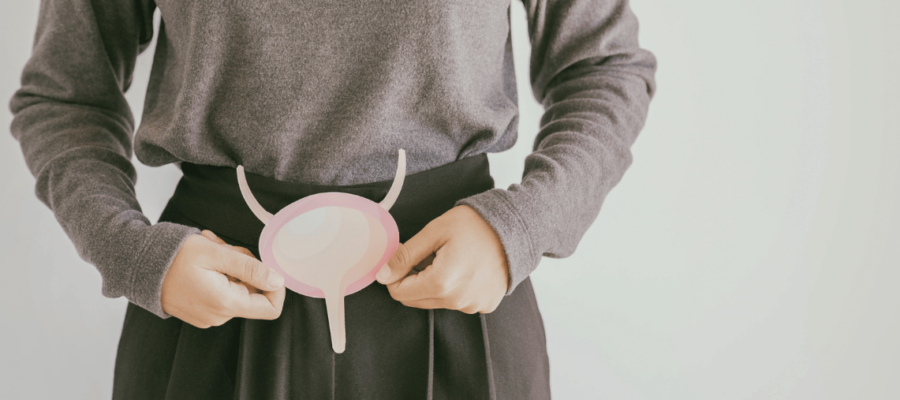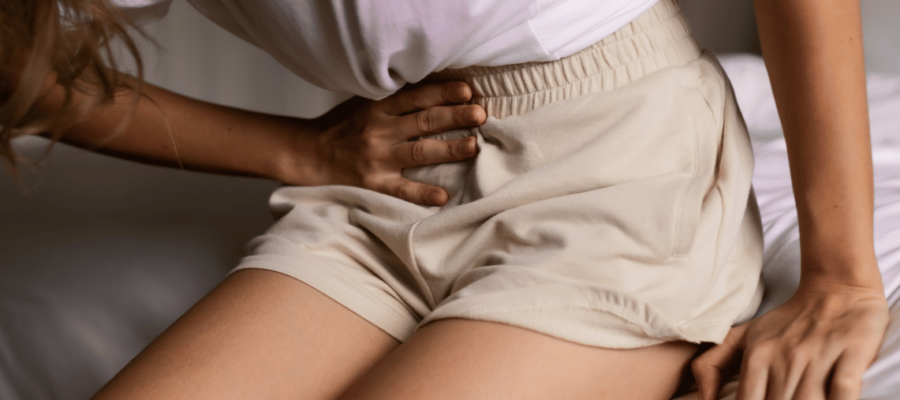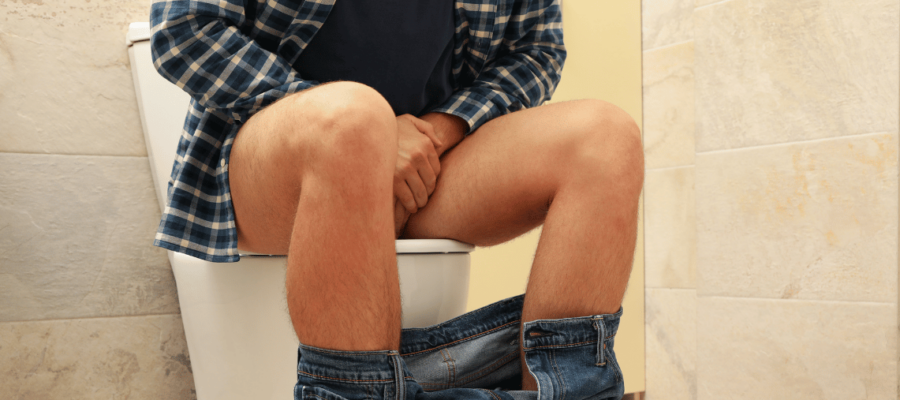Coffee and incontinence: Balancing
Coffee is a beloved beverage enjoyed by millions of people around the world, but for those who suffer from incontinence, the question of whether or not to indulge in a cup of joe can be a tricky one.
Caffeine, the active ingredient in coffee, is a known diuretic, meaning that it can increase the need to urinate. This can be problematic for those with incontinence, as the urge to urinate may be more frequent and harder to control. However, it’s important to note that not everyone with incontinence will be affected by caffeine in the same way, and some people may not experience any negative effects at all.
To minimize the risk of exacerbating incontinence symptoms, experts recommend limiting caffeine intake to no more than 200-300mg per day, which is roughly the amount found in one to two cups of coffee. Additionally, it’s a good idea to avoid consuming coffee, tea, and other caffeinated beverages in the evening, as this can disrupt sleep and exacerbate incontinence symptoms.
On the other hand, coffee has been found to have several health benefits. Studies have found that drinking coffee in moderation can lower the risk of type 2 diabetes, Parkinson’s disease, and liver disease. Also, coffee contains antioxidants that can help to protect cells from damage and may lower the risk of certain cancers.
In conclusion, while coffee may exacerbate incontinence symptoms for some people, the majority of people with incontinence can safely enjoy a cup of coffee in moderation. It’s important to monitor your own body’s response to caffeine and to limit your intake if you find it exacerbates your symptoms. Additionally, if you’re concerned about incontinence, it’s a good idea to speak with your doctor to rule out any underlying medical conditions. Also read our blog and drinking less with incontinence.
.
















